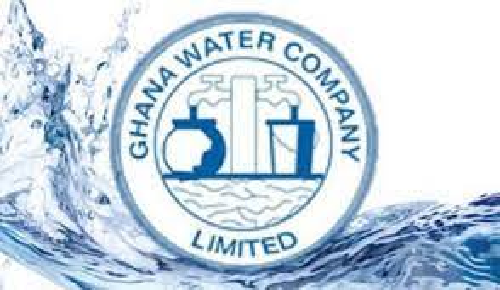
Losing 40 per cent water production capacity scary
Reports that the Ghana Water Company Limited (GWCL) is losing, on the average, 40 per cent of its water production capacity is not only worrisome but also scary.
The Daily Graphic last Friday reported that aside from the dry season that had been cited as the cause of the situation, pollution of the water bodies the company used as critical sources of production was also mentioned.
According to the Head of Public Relations and Communications of the GWCL, Mr Stanley Martey, the result of the situation was that the company was undertaking a demand management exercise to ensure the equitable supply of water in the Greater Accra, Western, Eastern and some parts of the Ashanti and Northern regions.
The disclosure by the GWCL is coming at a time the Daily Graphic has already reported of water shortages in parts of Sekondi-Takoradi, Cape Coast and adjoining communities.
We do not need any further convincing, as a country, to accept what is generally known that water is life, as fresh water is necessary for the survival of all living organisms.
As a matter of fact, the human body is made up of about 60 per cent water, and human beings cannot survive more than a few days in the absence of water.
Water is also an integral part of many ecosystems that support man’s existence and that of a host of other species.
In 2015, the United Nations came up with the Sustainable Development Goals (SDGs), Goal Six of which seeks to ensure safe and affordable drinking water, improve water quality, safe reuse of water, water-use efficiency and freshwater supplies by 2030.
We know the efforts succeeding governments have made to expand water availability and extend same to as many citizens as possible.
Indeed, with the investment by the government and other stakeholders in the water sector over the years, we will not be far from right to project that Ghana is on course to achieving universal access to potable water by 2030, as required by SDG Six.
Unfortunately, the very people who need the water are rather polluting the few sources we have, threatening the existence of water bodies and their own existence. This calls for serious, conscious and deliberate policies and mass public action to halt pollution.
The citizenry must be sensitised through sustained education to collectively protect our water bodies by stopping activities such as galamsey, sand winning and farming along river banks.
We must also be serious about the country’s present and future sustenance and enforce laws that we have enacted ourselves for our well-being.
Our laws are replete with provisions on the protection of the environment, but we encroach on water bodies by constructing on watercourses and carrying out all manner of activities close to our water bodies with careless abandon.
Curiously, the average Ghanaian, even members of the law enforcement agencies, looks on while all these go on.
For once the citizenry must resolve not to allow people to destroy, at our peril, the resources with which nature has blessed us. Leadership at all levels across the country must rise up to be counted at this time.
We must also marshal all state resources to stop people from building and undertaking human activities, such as car repairs, washing bays and refuse dumps which pollute our water bodies with dangerous chemicals and other substances, very close to forest reserves.
Every member of society has a duty to be vigilant and report activities that put the country in danger to the appropriate authorities, while our law enforcement agencies must also act on reports to encourage the citizenry to report deviant characters to face the law.
And, finally, we charge the citizenry to use the little treated water available currently wisely.
We also want to remind the government and other stakeholders that although a lot has been done to increase water availability to the population, more investment is critically needed in the area to ensure water availability and security for all.
